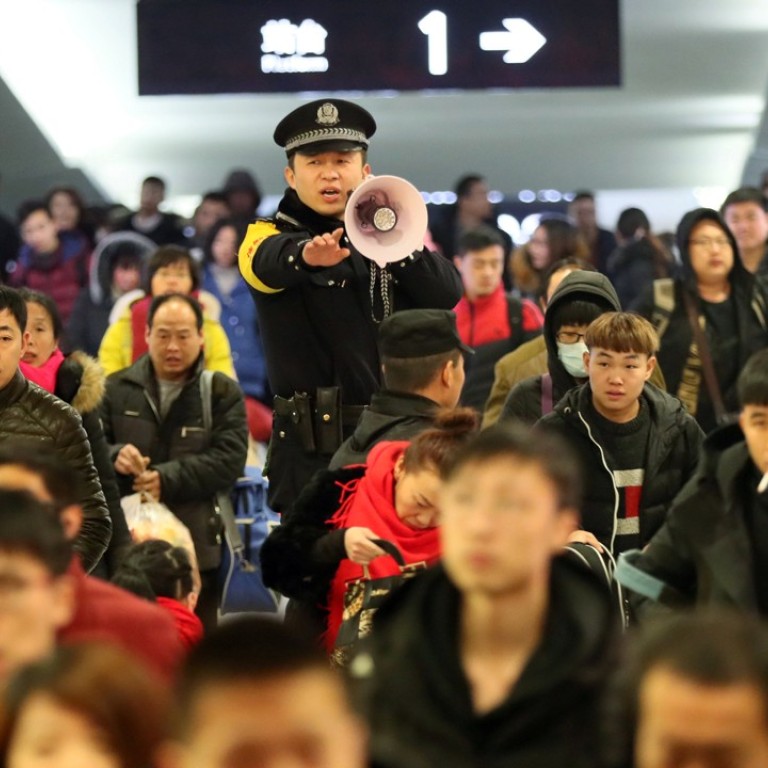
China’s migrant workers are still marginalised and yet to find their voice in society
While migrant workers are labelled as “important”, actually they’re still in a weak position in society. Most of today’s migrant workers are still helpless urban vagrants and their humble identity does not seem to have been completely changed. How much power over social discourse do they really have in the Chinese economy?
Urban society does not listen to the voices of migrant workers – rather, it ignores or even doubts them
Although the social role of the “gui yan economy” – the returning flood of migrant workers – can give encouragement to others like them, there will not be much improvement in their social role because of this. Their discourse power in terms of media coverage and political participation is missing.
It must be acknowledged that urban society does not listen to the voices of migrant workers – rather, it ignores or even doubts them. The huge migrant working class has no spokesman in the legislative and policymaking bodies. The voice of migrant workers is difficult to integrate into the decision-making system of the government.
Beijing migrant worker evictions: the four-character word you can’t say anymore
As a result, migrant workers’ rights and interests are not guaranteed. It is hoped that, one day, the label “migrant worker” can lose its negative connotation, and such workers can become an indispensable part of the Chinese economy, and true protagonists in society.
Jiang Yuxuan, Nathan Road

